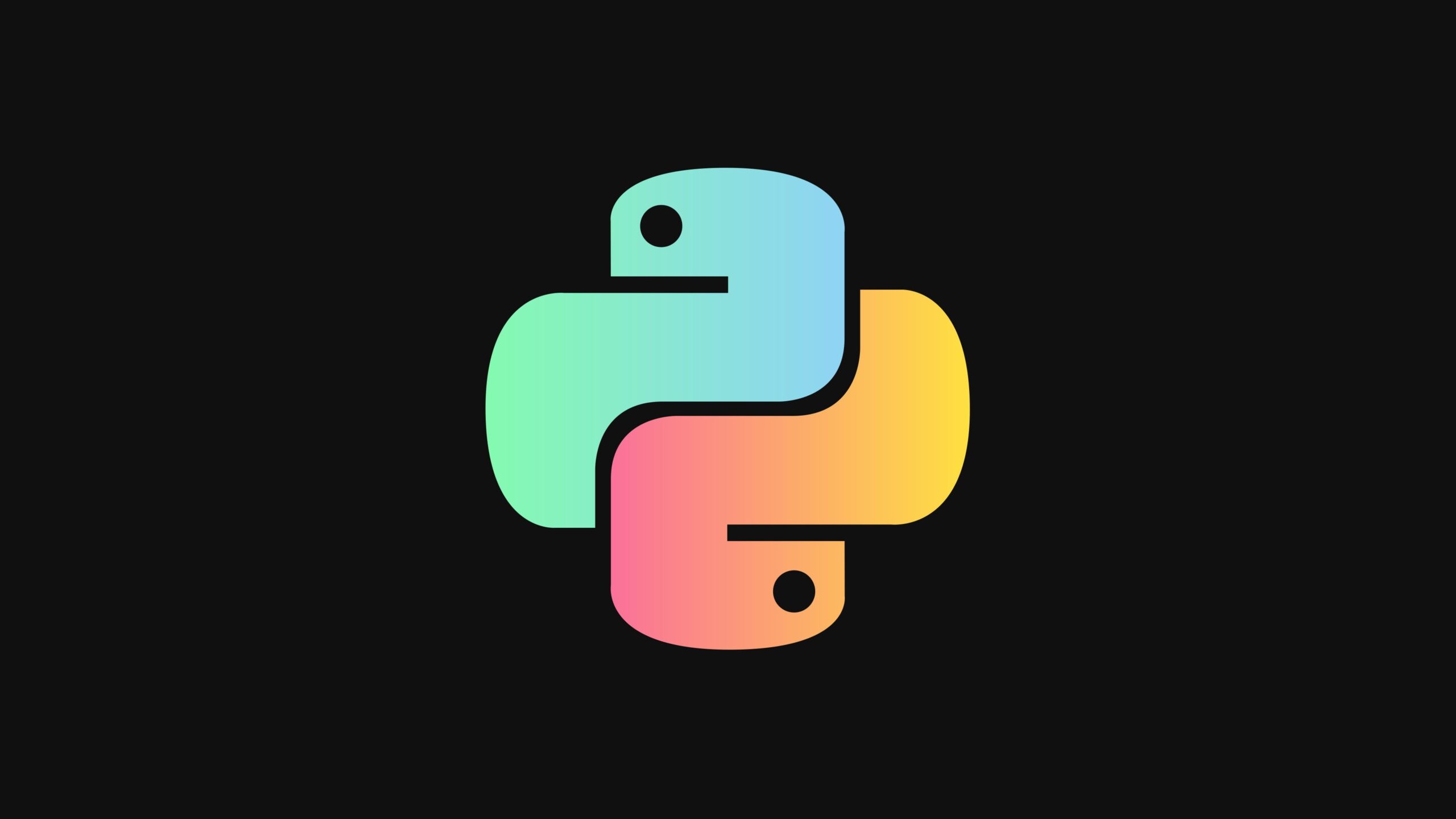-

Český trh s online hazardními hrami je bohatý a různorodý, s řadou mobilních kasin, která drží českou licenci. Tato casina poskytují špičkové služby, vysokou úroveň bezpečnosti a atraktivní nabídku her. Mezi nejpopulárnější a přední mobilní kasina v České republice patří: Tato mobilní kasina mají licenci od českého Ministerstva financí, což garantuje, že jsou bezpečná a…
-

Četnost a diverzita herních automatů zdarma jsou dnes skutečně ohromující. Mezi nejlepší a nejžádanější herní automaty zdarma patří ty, které kombinují kvalitní grafiku, zajímavé herní prvky a bonusové funkce, které mohou hráčům přinést ještě více zábavy. Automaty jako Starburst, Gonzo’s Quest nebo Book of Ra představují špičku v průmyslu díky svému poutavému příběhu, vzrušujícím bonusům…
-

Python, jakožto jedno z nejpopulárnějších programovacích jazyků současnosti, nachází uplatnění v mnoha odvětvích, včetně analytiky hazardních her. Jeho flexibilita a široké spektrum knihoven nabízí unikátní možnosti pro analýzu pravděpodobnosti, což je základní kámen pro porozumění a optimalizaci strategií v hazardních hrách. Vztah mezi Pythonem a pravděpodobností ve světě hazardu je tudíž úzce propojen, nabízí totiž…
-

Apollo Games vyniká ve vývoji inovativních a graficky působivých slotových her, které se těší oblibě hráčů po celém světě. Následující seznam představuje vrcholný výběr her, které byste rozhodně neměli přehlédnout: Tyto hry demonstrují šíři a zřetelnou odbornost, kterou Apollo Games do světa online slotů přináší, spolu s inovativními funkcemi, které zajistí, že každý hráč zůstane…
-

Abychom identifikovali nejlepší casina online cz, je nezbytné vzít v úvahu několik faktorů, včetně licence, bezpečnosti, nabídky her, zákaznické podpory a bonusů. Respektovaná cz kasina nabízí širokou škálu her od předních softwarových poskytovatelů, atraktivní bonusové programy pro nové i stávající hráče a vynikající zákaznickou podporu. Bez ohledu na to, jestli dáváte přednost automatom, karetním hrám…
-

Existuje několik klíčových kroků, které by vývojáři měli při tvorbě internetových kasin na Pythonu zvážit. Tyto kroky zahrnují: Jaké jsou nejčastější výzvy při tvorbě internetových kasin na Pythonu? Přestože Python nabízí mnoho výhod, při vývoji online kasina mohou nastat určité výzvy: Jaké jsou nejlepší způsobypromů propagačníinternetových kasin vytvořených v Pythonu? Propagace internetového kasina je rozhodující…
-

Faktory, které přispívají k atraktivitě kasina, jsou různorodé, ale v srdcích mnohých hráčů zůstává kvalitní a rozmanitá herní nabídka. Fortuna Casino nabízí širokou paletu her, které uspokojí jak nováčky, tak zkušené hráče. Automatické Sloty Sloty, neboli výherní automaty, patří nezpochybnitelně k nejoblíbenějším hrám v online casinech. Výhody slotů spočívají především v jednoduchosti hry, atraktivních grafikách…
-

Online hazardní průmysl v Česku nabízí řadu možností pro hráče, přičemž každé casino má svá specifika. Hlavní kritéria při výběru těch nejlepších zahrnují nabízené hry, bonusy, uživatelskou přívětivost a bezpečnost. Podívejme se na pět online casin, které excelují v těchto aspektech: Které Online Kasino Má Největší Výhernost? Kritériem, které mnoho hráčů považuje za klíčové při…
-

Live casina poskytují řadu výhod, které přesahují tradiční online hry. Ve středu těchto výhod leží možnost zažít autentické kasino prostředí bez nutnosti opustit vlastní domov. Hráči jsou ponořeni do hry prostřednictvím živého video přenosu, kde skuteční krupiéři rozdávají karty a otáčejí ruletou v reálném čase. Tato interakce napomáhá vytvoření pocitu přítomnosti a zvyšuje sociální aspekt…
-

Pro začátek vývoje slotové hry v Pythonu je zapotřebí mít základní znalosti programovacího jazyka Python. Python je sice známý svou snadnou učitelností, ale bez uchopení základů, jako jsou proměnné, smyčky, podmínky a funkce, bude vývoj jakékoli hry výzvou. Prvním krokem je instalace Pythonu na váš vývojový systém, pokud to již předtím nebylo provedeno. Následně je…